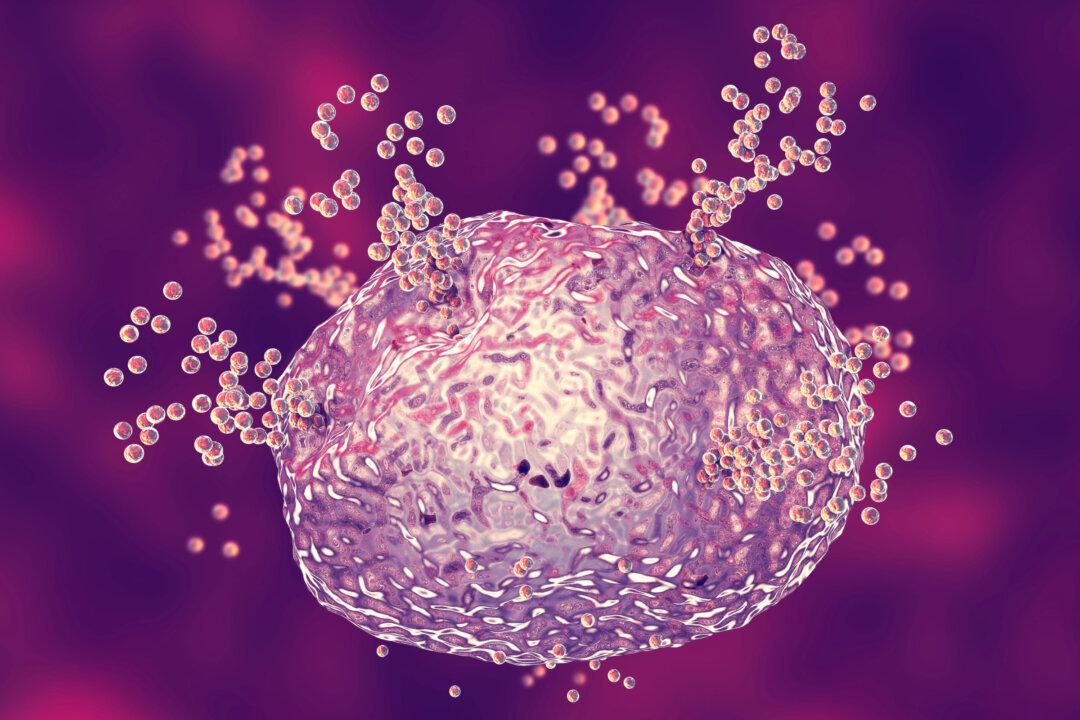One in ten couples has a challenge conceiving. If you have experienced trouble getting pregnant, or lost a pregnancy, it is normal to want to know why. While many couples conceive easily, fertility requires a complex network of systems—in both males and females—to work together. Sometimes, we do not fully understand why infertility or a pregnancy loss occurs. Thankfully, there are many tools to help couples pursue a healthy pregnancy.
While the fertility industry often focuses just on getting pregnant and having a baby, it is important to foster the best health for both mother and baby. Achieving pregnancy should be pursued with intentionality for the most robust outcomes.






